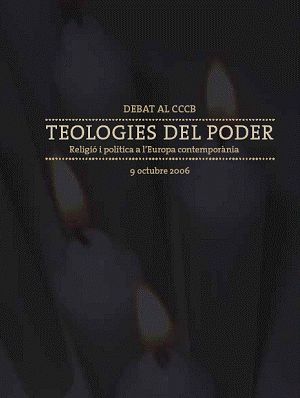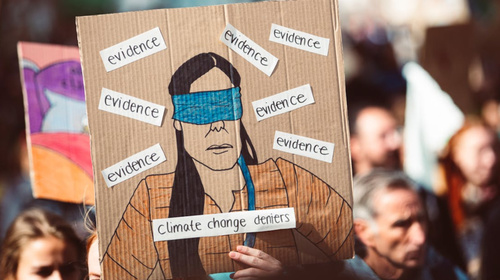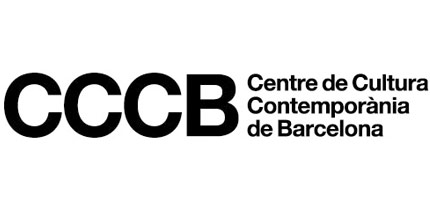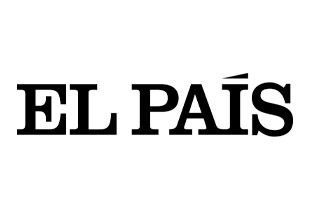Theologies of power
Religion and Politics in Contemporary Europe
Debate
Free
Set against the transformations in an increasingly plural Europe and the resurgence of religion as a political actor on the international scene, this debate sets out to offer a new critical reading of the European model of secularization and to analyse the role of religions in contemporary Europe and their relation with political powers.
European Modernity was structured around Enlightenment ideas, standing for the principles of reason, as basis for individual emancipation, and secularisation understood as the separation between religion and political power. These principles gave rise to a model of the State in which, in different ways and speeds depending on the countries concerned, the power of religion waned in the public sphere as it was progressively reduced to the private domain of citizens. Nonetheless, the transformations that are now taking place in an evermore interdependent world, and the resurgence in recent years of religion as a major political factor at the international level have obliged us to rethink the basic tenets of the European model and its universal imperatives.
The shaping of Europe as a continent that would become the home of populations from all around the world, along with the ever-growing presence of other religions - in particular Islam - at the heart of European societies has reopened debate on religious manifestations in the public sphere while precipitating major controversy over the European model of laicism. Again, the post-Cold War world has been marked by a revival of the religious dimension in several areas of life and the proliferation of different kinds of fundamentalism that are seeking a foothold in world politics. From Al-Qaeda's openly declared war on the West, through to the burgeoning presence of evangelical religions in American politics, or the hue and cry over the recent declarations of Pope Benedict XVI, religious discourse is increasingly making its presence felt in political debate, while also laying bare the fissures in the European model of secularisation. How adequately does this model respond to the new realities of European society? How powerful are religions in the Europe of today?
The Centre of Contemporary Culture of Barcelona offers this debate with the aim of analysing the role of religion in modern public life. One of the singular features of this discussion is that it will offer a view of Europe seen from the periphery as European academics consider the issues with experts from the United States, Asia and Africa. The debate has been jointly organised by the Wits Institute for Social and Economic Research at the University of the Witwatersrand (Johannesburg).
12 noon "Europe: from the Process of Secularisation to Religious Diversity"
Introduction: Deborah Posel, director of the Wits Institute for Social and Economic Research (Johannesburg).
Josep Ramoneda, director of the CCCB.
Chair: Jaume Casals, professor of Philosophy at the Pompeu Fabra University and director of the Humanities Institute (Barcelona).
Speakers: Jean-Louis Schlegel, editor of the review Esprit (Paris) "Light and Shade of Secularisation".
Nilüfer Göle, professor of Sociology at the École des Hautes Études en Sciences Sociales (Paris) "Interpenetrations: Islam in Europe".
Joan Estruch, professor of Sociology at the Autonomous University of Barcelona"Religious Plurality in Catalonia".
5 p.m. Panel session: "The European Model in Question: Views from the Periphery"
Chair: Deborah Posel, director of the Wits Institute for Social and Economic Research (Johannesburg).
With the participation of: Dipesh Chakrabarty, professor of History, South Asian Languages and Civilizations, University of Chicago.
John Comaroff, professor of Anthropology and Social Sciences, University of Chicago.
Achille Mbembe, professor of History and Politics, University of the Witwatersrand (Johannesburg).
7 p.m. "Theologies of Power in Contemporary Europe"
Chair: Josep Ramoneda, director of the CCCB.
Speakers: Paolo Flores d'Arcais, professor of Philosophy at the "La Sapienza" University of Rome, and director of the review Micromega "Pope Benedict XVI".
Jean Comaroff, professor of Anthropology and Social Sciences, University of Chicago "Theodicy and the Politics of Emotion".
Juan José Tamayo, Chair of Theology and Religious Sciences at the Carlos III University (Madrid) "Church and State in Spain Today".





